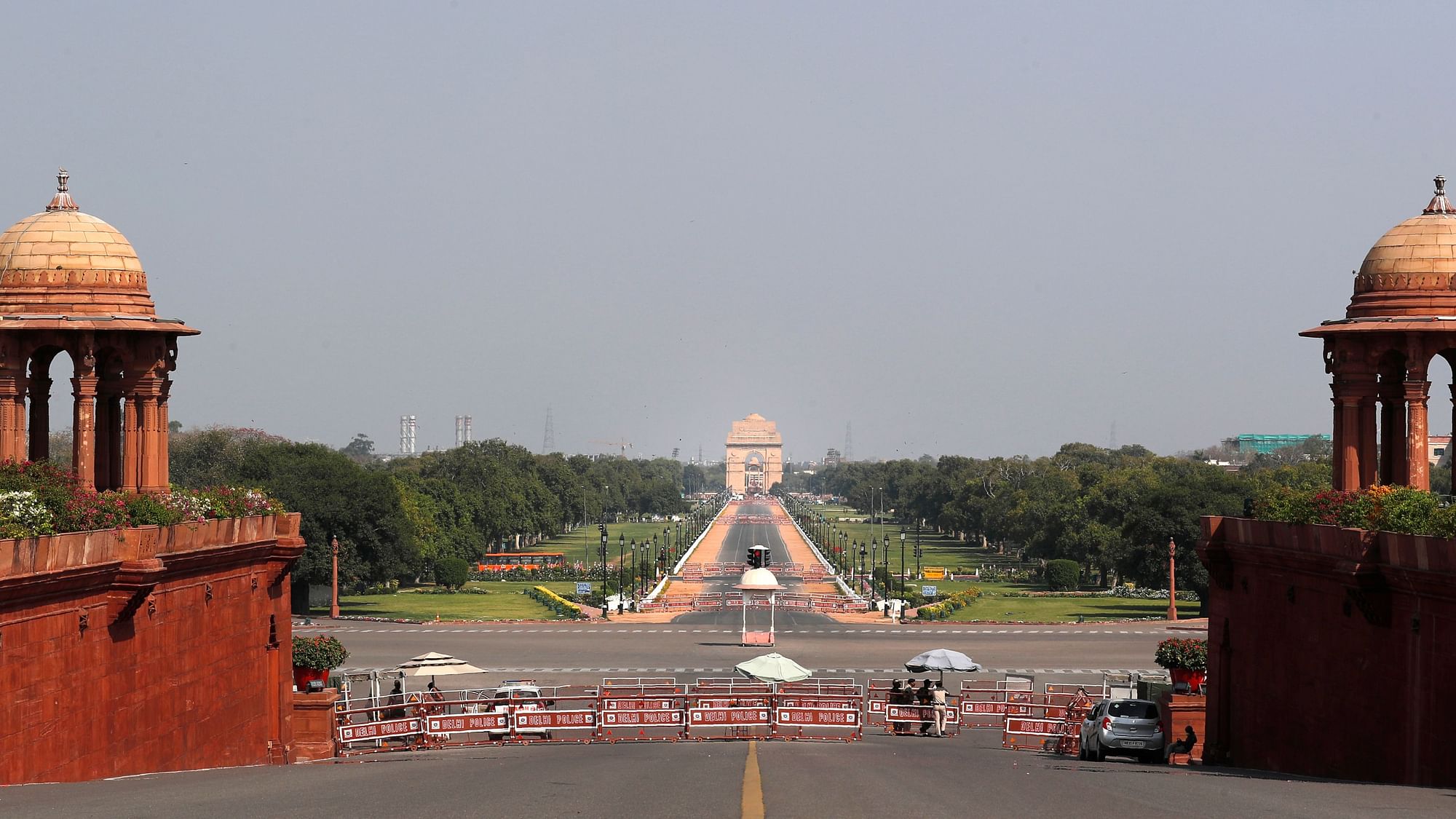COVID-19: Delhi Locks Down, Seals Borders Till 31 March
Delhi’s borders will be sealed but essential services related to health, food, water and power supply will continue.

Delhi was put under lockdown at 6 am on Monday, 23 March, in an attempt to curb the spread of the novel coronavirus. The lockdown will continue till midnight on 31 March, Delhi Chief Minister Arvind Kejriwal said at a joint press conference with Lt Governor Anil Baijal on Sunday.
On Monday, Kejriwal took to Twitter to provide encouragement to citizens as the city shut down.
What Lockdown Means
- Delhi’s borders will be sealed but essential services related to health, food, water and power supply will continue.
- Dairies, grocery shops, chemists and petrol pumps will remain open and people associated with essential services will be allowed to go to their destinations during the lockdown.
- No public transport, including private buses, taxis and auto rickshaws will be allowed.
- Twenty-five percent of DTC buses will run to transport people associated with essential services.
- Ola and Uber services will also not be available in Delhi till 31 March amid the lockdown, PTI reported.
"We know people will face difficulties, but a lockdown is necessary to contain the spread of coronavirus," Kejriwal said. He also said six of the total cases reported in Delhi had been locally transmitted.
Section 144 Imposed
The Delhi Police on Sunday imposed prohibitory orders under Section 144 of the Criminal Procedure Code in the national capital till 31 March in view of the coronavirus outbreak, banning protests and other gatherings.
Section 144 of the Criminal Procedure Code bans assembly of four or more people in one place.
According to the prohibitory orders, assembly of any kind for demonstrations, processions or protests is banned. Any gathering - social, cultural, political, religious, academic, sports, seminar or conference – is also not allowed, the order stated.
Markets, Gatherings, Protests Banned
Weekly markets (except for vegetables, fruits and essential commodities), concerts, exhibitions, etc have been banned. Guided group tours conducted by various private tour operators are also prohibited, the order said.
Any person contravening prohibitory orders shall be punishable under section 188 (disobedience to order duly promulgated by public servant) of Indian Penal Code, the order said.
Novel coronavirus cases in the country climbed to 396 on Sunday, according to Indian Council of Medical Research (ICMR). Delhi has reported 29 cases so far, according to the Union Health Ministry.
(At The Quint, we are answerable only to our audience. Play an active role in shaping our journalism by becoming a member. Because the truth is worth it.)